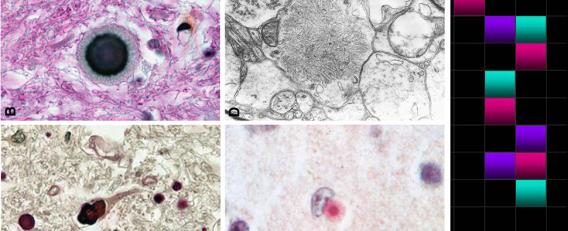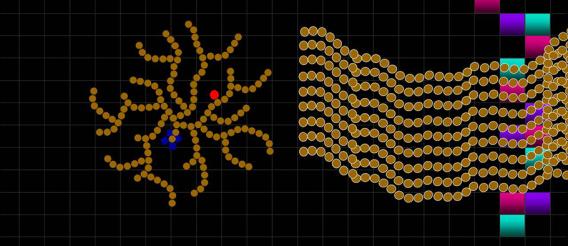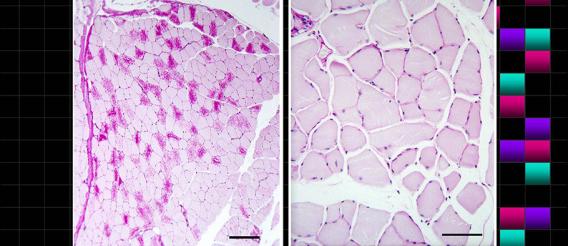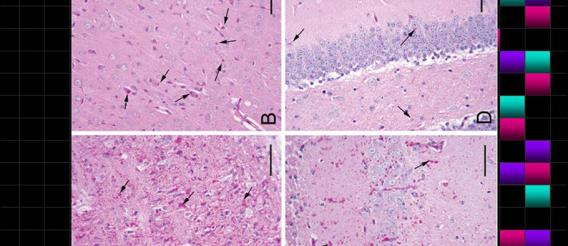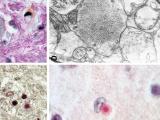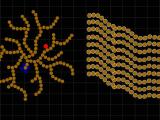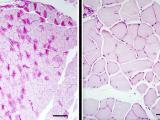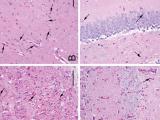Our laboratory has been involved in the identification and co-discovery of the causative gene mutations in over 20 different childhood neurological diseases. Dr. Minassian heads the Pediatric Neurology section of the Department of Pediatrics. With the advent of adeno-associated virus (AAV) mediated gene therapy, he is working to transform the training of pediatric neurologists and faculty into translational researchers and practitioners. The clinical team works hand-in-hand with the laboratory team to translate preclinical animal model gene therapy work into clinical trials. Preclinical gene therapy work takes place in part in our laboratory and in larger part in the laboratory of another member of the Pediatric Neurology division and an internationally leading gene therapy scientist Dr. Steven Gray. Gene therapy for over 20 different single gene defect childhood neurological diseases are in different stages of development from the laboratories to clinical trials.
In addition to the gene based therapy work, our laboratory has a longstanding interest in the complete uncovering of the basic mechanisms of disease in one of the above conditions, namely Lafora disease. This is a neurodegenerative and within ten years of onset fatal form of epilepsy that strikes previously healthy teenagers. The causative genes encode the laforin glycogen phosphatase and the malin ubiquitin E3 ligase. These partner proteins function in determining the architecture of glycogen. In their absence, glycogen is malstructured and un-metabolizable. It precipitates and accumulates into neurotoxic Lafora bodies which drive the intractable and uncontrollable epilepsy.
Our laboratory is step by step uncovering the precise mechanisms through which laforin and malin achieve the task of designing the perfect spherules of the largest cytosolic macromolecule. Nobel prizes have been awarded the original uncovering of glycogen metabolism, which until the genetic discoveries in Lafora disease, was thought to be established science. Lafora disease disclosed the existence of an until then unsuspected higher complexity. Glycogen synthesis is central to the insulin response and insulin resistance. Discoveries in Lafora disease will therefore likely be additionally relevant to the present-day epidemic problems of the metabolic syndrome encompassing insulin resistance and Type II Diabetes.
Message from the PI
